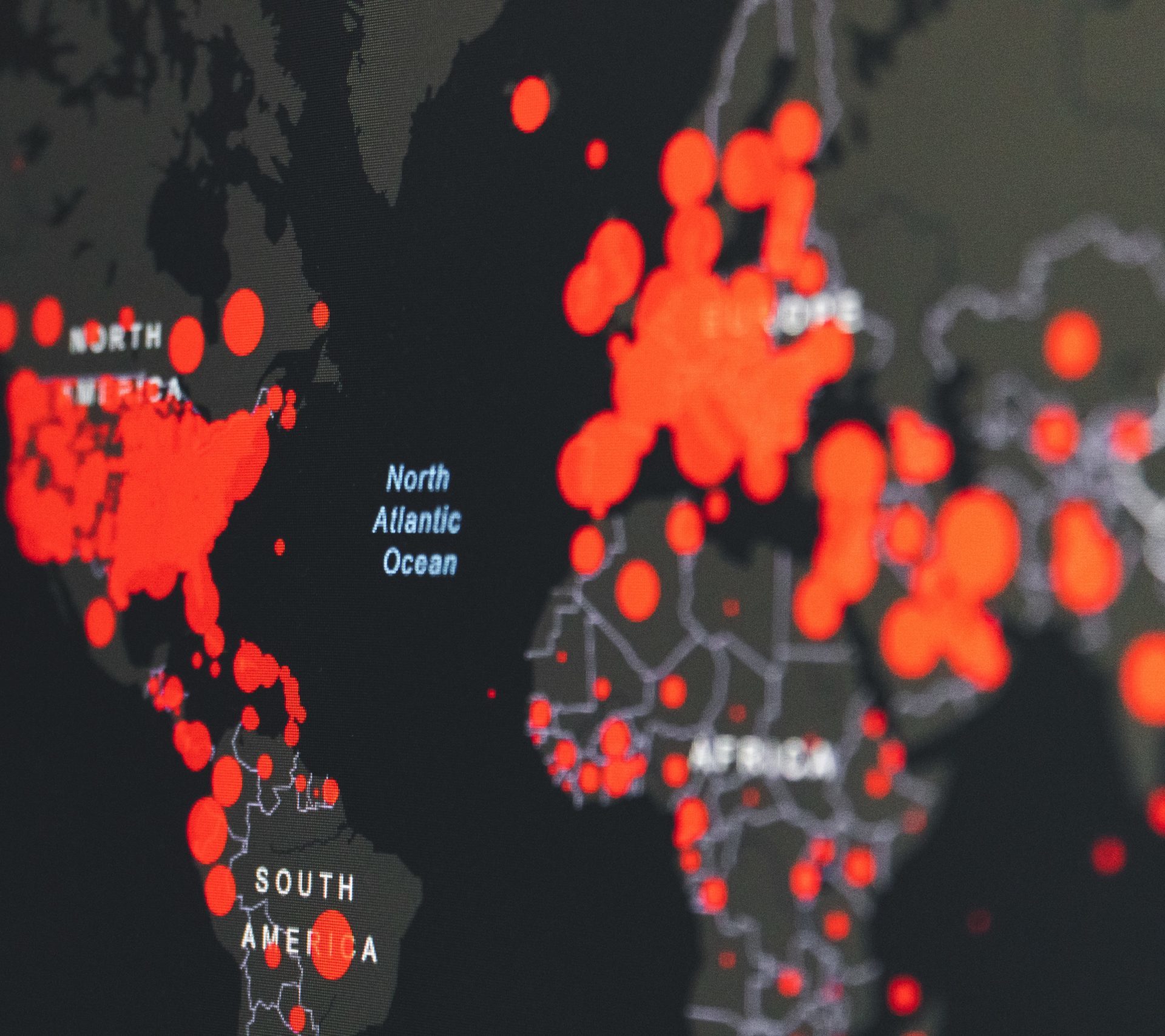
In conjunction with the sharp rise in Covid-19 cases we saw over Christmas, consumer data shows that confidence in the economy has dropped, and is severely influenced by the national covid situation.
As the latest COVID-19 variant continues to sweep across the UK, it is likely this cautious attitude and decline in confidence will continue to rise as we move into 2022.
Our latest Q4 Consumer Compass shows that overall consumer confidence continues to decline slightly, falling 2-points since last quarter. Despite reaching successive record highs in the first two quarters of 2021, the Consumer Confidence Index (CCI) score 0f 98 for Q4 continues the steady decline witnessed in Q3. This is likely a response to the rise in COVID-19 cases in the UK this quarter, and growing potential for renewed restrictions following the Omicron wave.
Despite an overall drop in consumer confidence this quarter, there has been a 7-point increase in confidence since Q4 last year. These increases are broadly consistent across regions, ages, and socio-economic groups. London has climbed the most (+19 points to 111), with smaller increases across other regions; the South (+3 to 96), Scotland (+5 to 94), the North (+5 to 96) and the Midlands (+9 to 98). Other big increases in confidence this year are seen amongst Gen Z – those aged 18-24 (+14% since Q4 2020).
Still, there is increasing distrust in the wider economy, with net confidence in the UK’s overall economic situation down by 4%. The overall net score of +2 has fallen 27% since the record high witnessed in Q2, however it is far from the significant lows witnessed at the beginning of the pandemic (-43 in Q1 2020).
Personal finance confidence is also down on the first 3 quarters of 2021. Consumers are slightly less certain about their own financial situations this wave, with net confidence down by 4% since Q3 (+6 in Q3 to +2 in Q4), though this has still improved on the low levels seen last year during the peak of the pandemic (-25 in Q1 2020). This decline is likely driven by low disposable income levels, which are at the lowest we’ve seen in 2021. Net disposable income is down 5% since last quarter, with more consumers saying they have less disposable income now compared to this time last year.
On a more positive note, despite the fall in personal finance confidence this wave, there has been some uplift in how consumers feel about their job prospects. Perceptions of job situations have improved slightly this quarter, returning to levels similar to Q2, though further improvement is still required to fully recover to pre-COVID levels.
Nonetheless, more consumers admit to feeling increasingly squeezed or are being more cautious with their money this quarter, but those who are ‘suffering’- i.e., are exceedingly worried about the future and have cut all expenditure – have remained stable on last quarter. This increase in cautious spending is reflective of the decreased confidence in consumers’ personal finances as well as the slight drop in disposable income levels this quarter.
As the latest COVID-19 variant continues to sweep across the UK, it is likely this cautious attitude and decline in confidence will continue to rise as we move into 2022 – prompting many to cease unnecessary spending following the festive period.
Whether you want to stay informed on the public’s opinions and behaviours, or would like to ask your customers a range of questions to enable decision making, we can connect you to the audience you need – fast.
Get in touch to find out more.





